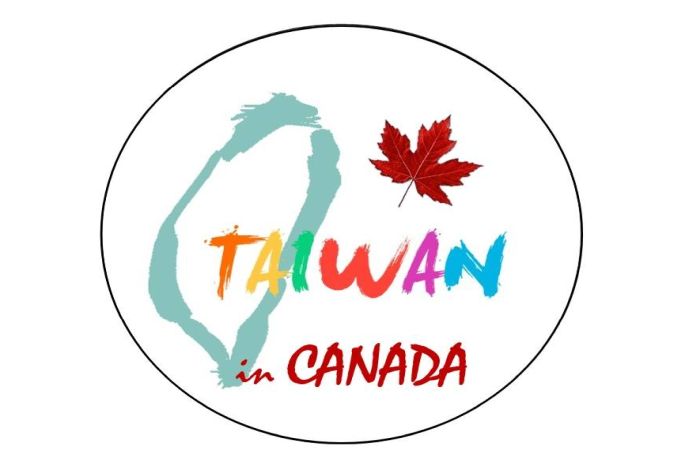By Oren Gruenbaum
‘Once I lived the life of a millionaire / spendin’ my money, I didn’t have a care … When I begin to fall so low / I didn’t have a friend and no place to go,’ sang Bessie Smith in Nobody Knows You When You’re Down and Out. Ali Bongo Ondimba, the deposed former president of Gabon – who as Alain Bongo, an aspiring funk singer in 1978, had a song called Bessie (We Love You) – might have identified with the blues legend’s lyrics as he appealed for help in a video after he was deposed on 30 August by his military and put under house arrest in his $250m palace.
Bongo asked ‘all the friends we have all over the world’ to ‘make noise’ in his support, admitting: ‘I don’t know what’s going on.’ But he turned out to have very few friends and the noise instead came from the jubilant crowds of Gabonese pouring onto the streets to celebrate the end of the Bongos’ 56-year dynastic rule. ‘Now this is independence,’ one woman said. ‘The army has freed our country.’
The coup leaders seized power on 30 August minutes after the results of disputed elections, which supposedly gave Bongo a third term in power, were announced. A lack of international observers (including from the Commonwealth), an internet shutdown and a curfew had heightened concerns about the election (after the last polls, in 2016, protesters burned down parliament). Then the electoral commission declared that Bongo had won with 64.27% of the vote, with 30.77percent for his main challenger, Albert Ondo Ossa. Gen Brice Oligui Nguema, former commander of the presidential guard, was swiftly named as head of the new regime. Known as a popular moderate, he is apparently a distant cousin of Bongo.
The Élysée promptly condemned the coup – the eighth in west and central Africa since 2020. This is not surprising: France has seen its influence in former African colonies severely diminished after coups in Mali, Niger, Guinea, Chad, Burkina Faso and Tunisia over the past three years. French corporations with a big stake in Gabon include the mining company Eramet, which has large manganese operations there, the oil major Total and the Anglo-French producer Perenco.
The US State Department said it was ‘strongly opposed to military seizures’ and urged coup leaders to ‘preserve civilian rule’ but added more ambivalently: ‘The United States stands with the people of Gabon.’ The Nigerian president, Bola Tinubu, warned of ‘autocratic contagion’ spreading across the region. But Bongo, and his father Omar before him, had presided over what was described as a ‘feudal state’ since 1967 with the west’s tacit approval.
The New York-based Human Rights Foundation said the Bongos ‘embezzled most profits from the country’s exploitation of Gabon’s vast natural resources, oil wealth and rainforests … Even with a per capita income four times that of most sub-Saharan African nations, a third of the Gabonese population suffers below the poverty line and unemployment exceeds 20 percent.’ A French investigation into Bongo family assets discovered a ‘cave of Ali Baba’, which included a portfolio of 33 properties worth €80m and scores of bank accounts, the Times reported last year.
France and Gabon Since 1993: The Reshaping of a Neo-Colonial Relationship
CHOGM 2022: Rwanda hosts a well-organised revival of Commonwealth rituals
Gabon’s main opposition group, Alternance 2023, thanked the military for removing the Bongos but urged it to return power to civilians, complete the vote count and recognise Ondo Ossa as the winner. Nguema initially rejected ‘organising elections in a rush where we’ll end up with the same mistakes, where the same people will continue in power’.
But crowds cheered Nguema at his inauguration as he promised ‘free, transparent and credible elections’ after being sworn in. He vowed to root out corruption, and proposed a referendum over a new constitution. ‘With the new government, made up of experienced people, we’re going to give everyone a chance to hope,’ he said. Nguema has been accused by the Organized Crime and Corruption Reporting Project of buying three homes near Washington DC with $1m in cash. But while it may have been a palace coup, if Nguema does no more than return power to civilians and free political prisoners, he will be remembered well by the Gabonese.
Bongo’s downfall should be a lesson to Marlborough House: stop letting kleptocratic dictators try to acquire a veneer of respectability for their regime by joining the Commonwealth. Last year, in welcoming Gabon and Togo, the secretary-general, Patricia Scotland, claimed that the two countries were not just interested in diplomatic and trade advantages of membership but ‘most importantly, were attracted to the Commonwealth’s values and aspirations as enshrined in our Charter’. Those words ring very hollow now.
Oren Gruenbaum is a member of the Round Table editorial board.







